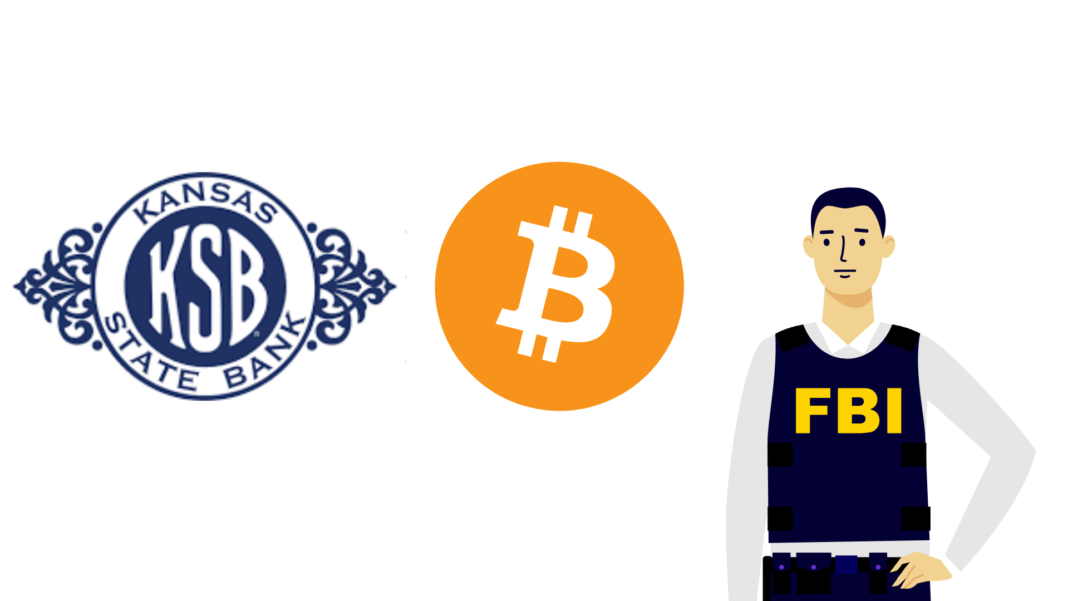A federal courtroom in Kansas burst with sobs of relief on Monday when victims of an enormous embezzlement scheme run by former Kansas bank CEO Shan Hanes heard that they would receive their life savings, taken in a cryptocurrency ruse.
Last month, federal law enforcement said $47 million from customer accounts at Heartland Tri-State Bank had been recovered from a cryptocurrency account owned by Tether Ltd. in the Cayman Islands.
The History of the Crypto Scam by Ex-Kansas Bank CEO
Hanes, previously the CEO of Heartland Tri-State Bank, was given a 24-year prison sentence in August for stealing customer funds and linking them to crypto accounts belonging to con artists.
Among his victims were individuals who lost retirement savings, college funds, and various other necessities. He swiped $40,000 from his church, siphoned $10,000 from an investment club, and stole $60,000 from his daughter’s college fund. Prosecutor Aaron Smith said Hanes “jettisoned” the money “into the ether.”
The 30 shareholders in the community-owned Heartland Tri-State Bank—friends, family, and neighbours—were also devastated to find that $8.3 million in investments had gone up in smoke, destroying hundreds of retirement and eldercare funds.
The recovered funds included investment losses previously thought to be unrecoverable, prompting an emotional standing ovation for federal Judge John W. Broomes. In court, Judge Broomes assured each shareholder they would be reimbursed before any repayment to the FDIC.
After the bank’s collapse, the FDIC covered customers’ losses, totalling $47.1 million in insurance claims, but faced financial strain due to the unprecedented scale of Hanes’ actions. Broomes justified prioritizing the shareholders because of the severe economic hardship Hanes’ betrayal had caused.
How did the CEO Fall a Victim to the Scam?
In a new twist on an old con, scammers often based in Southeast Asia convince victims to transfer large sums into fraudulent crypto accounts—a scheme known as “pig butchering.” In Hanes’ case, he began what he believed was a $5,000 cryptocurrency investment in late 2022 after a stranger contacted him through WhatsApp.
Court documents show this first transfer was quickly followed by additional investments, including funds from his church and investment club.
The fraud escalated significantly over the summer of 2023, with Hanes wiring $47.1 million from customer accounts in eleven transfers over two months. Hanes claimed the transfers were needed to “cash out” and end the investment, which he saw on a fake website grow to over $200 million.
His attorney, John Stang, explained Hanes’ misguided belief that he was to keep some of the money and return the rest to the bank. Stang admitted Hanes had crossed ethical and legal lines, misappropriating customer funds in violation of banking regulations.
The Road Ahead for Recovery
The case has deeply affected the small town of Elkhart, Kansas, where Hanes had been a well-known figure, serving in community roles including on the school board. U.S. and U.N. officials warn that “pig butchering” schemes are on the rise, with scammers increasingly targeting Americans.
However, the FDIC has not been fully compensated by Hanes, 53, who faces a lengthy prison term likely keeping him inside into his late 70s. Federal regulators stated the FDIC would pursue reimbursement for the $47.1 million it covered in insurance claims, though recovering this amount is unlikely given his limited future earning potential.


